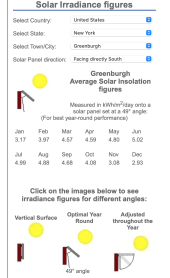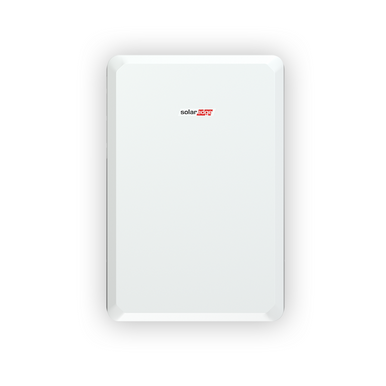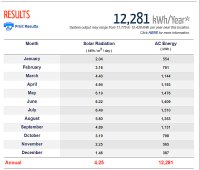No one makes money selling back to grid.
But, with a good net metering plan, the grid can serve as a battery. Doing this is much cheaper per kWh, has unlimited capacity, 100% efficiency, and zero discharge rate (except when reset to zero at true-up.)
You will probably get this with your SolarEdge system. Unless it is configured for zero export because net metering not available.
Net metering plan may cost $12/month connect fee. $144/year, think of that as same net-present cost as $1440 purchase of a battery.
For $1440 you get one 5kWh server rack battery. Net metering lets you bank a summer's production for winter use, about 3MWh.
Ideal PV/battery/inverter system will run your critical loads forever, start and run loads like A/C when the sun shines. Auto-start generator, use it to recharge battery, blend PV with generator or grid, limit current drawn from generator to programmed limit while supplementing from battery as needed. Use battery to time-shift power draw from grid.
Some inverters specify a generator larger than the inverter. Others can happily make use of a generator even 1/10th as big.
The various AIO and component systems will implement some but not others of the capabilities I named.
If you just buy whatever your vendor offers, you end up with whatever capabilities and limitations it has.
$43K.
I am not expecting to run my whole house on this system
Those of us who DIY do expect to run whole house for that kind of money.
Hardware is maybe 1/3 to 1/2 of installed system. For GT PV, 1/3, but battery system would be more expensive hardware.
We might spend $10k to $25k to get what you're considering (plus a lot of sweat equity), and by selecting different hardware might get offgrid whole-house capability as well.
The 9.7 kWh SolarEdge Energy Bank Battery is optimized to operate with SolarEdge Energy Hub inverters. Shop battery storage at SunWatts.

sunwatts.com
$9000 retail for that 9.7kW battery.
That would be well integrated with the SolarEdge system.
DIY people might buy a 5kW server rack battery for $1500, which is 1/3 the cost per kWh.
But many are having issues regarding surge capability and integration with inverter system.







